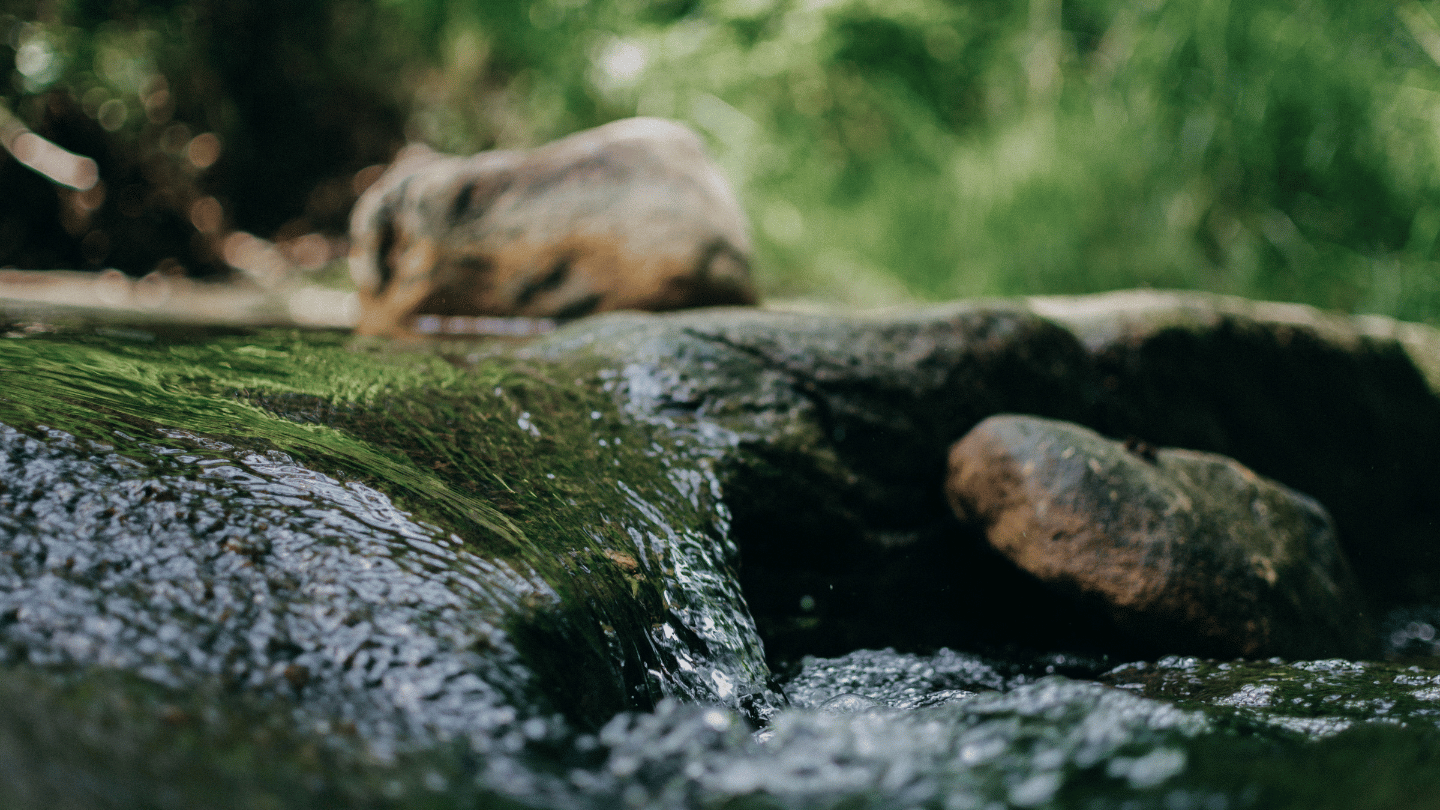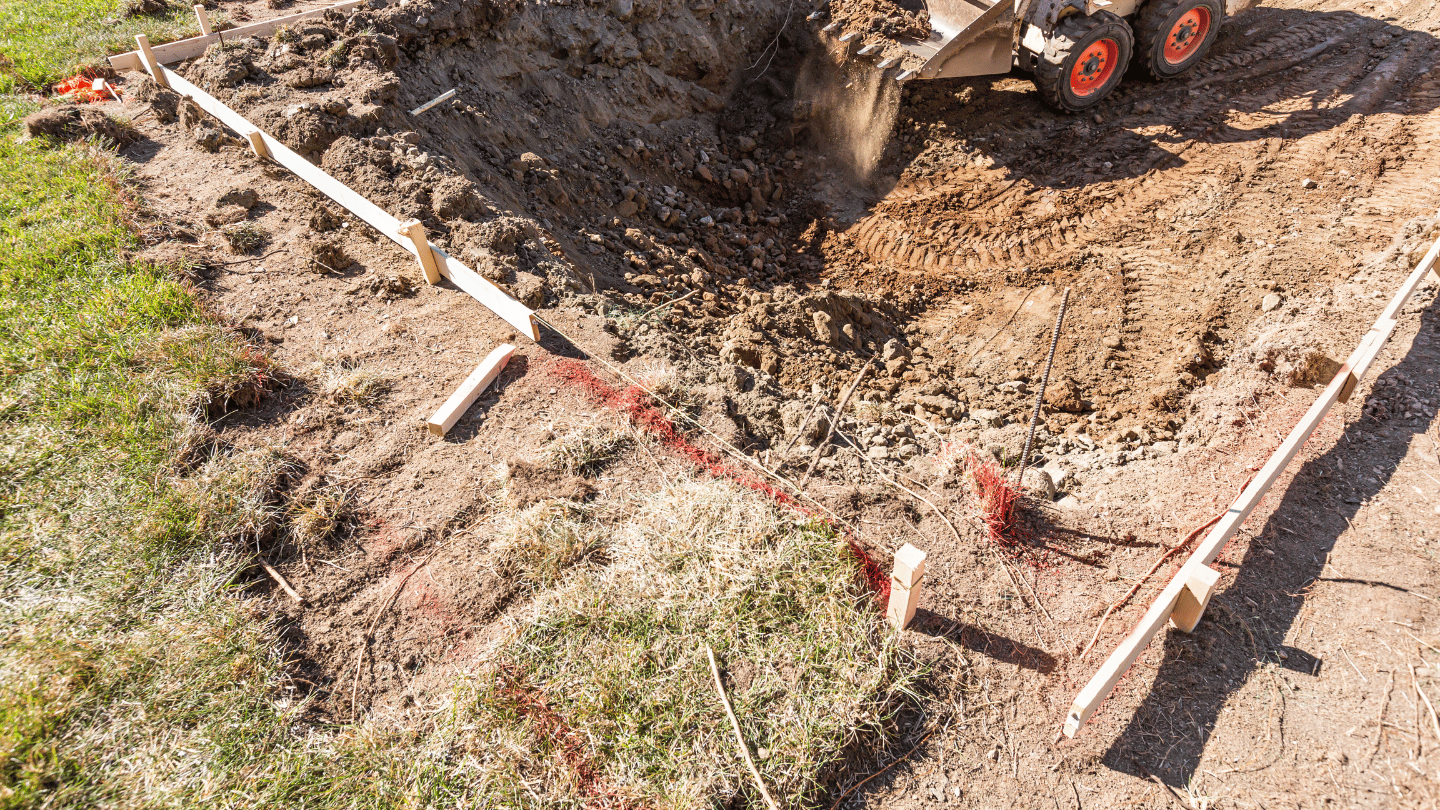You're sitting on your patio in the middle of summer, and it hits you—that moment when the neighbor's leaf blower and traffic noise remind you that you're surrounded by concrete. Your mind wanders to quieter places. What you're actually craving, whether you realize it or not, is life. Movement. The kind of thing that happens in nature.
That's where a stream changes everything.
A still pond is beautiful. Don't get me wrong—there's real value in a calm water surface catching light. But a stream does something a pond can't: it moves. It sounds different. It creates this gentle air circulation over the water that actually cools your patio by a few degrees on those brutal 95-degree days. And here's the part that science backs up: flowing water genuinely reduces stress. There's research showing it creates a calming effect that static water just doesn't match, no matter how pretty that pond is.
Working With What Your Land Already Wants to Do
Los Angeles presents interesting challenges for water work. We're drought-prone, our properties range from steep hillside lots to tiny urban yards, and we've buried most of the natural landscape under asphalt. But that's exactly why we've gotten good at fitting flowing water into the reality of where people actually live here.
If you're sitting on a hillside in Silver Lake or Brentwood, we work with that grade, not against it. A narrow, curvy channel follows your lot's natural slope and looks like it's always belonged there. Your eye doesn't fight it. For flatter properties in the Valley or near the coast, we build recirculating systems using concealed reservoirs and efficient pumps. You get all the visual and auditory benefits—the movement, the sound, the life around it—without wasting water or running some massive mechanical setup. The secret is making it feel unforced. When someone walks into your yard, they shouldn't think "oh, there's the pump system." They should just hear water.
The Ecosystem Part Matters More Than You'd Think
This is where native plants earn their keep. California rush, blue-eyed grass, yerba mansa—they're not just there to look good. They're filtering water and creating actual habitat. Birds show up. Beneficial insects do their thing. Your stream becomes a small ecosystem instead of just expensive decoration. And that changes how you experience your own property.
Today's systems are built to actually be responsible about water, which matters in a place like LA. We use high-efficiency pumps that run on minimal electricity. Our filters are smarter than they used to be. Some of our recent projects pull rainwater from roof overflow, so that's feeding your stream instead of just running down toward the street. Over months and years, that adds up in a real way.
The Real Returns (Hint: It's More Than Home Value)
Real estate agents will tell you that professionally built water features consistently rank in the top five landscaping investments for boosting home value. That's true. But the actual payoff is something more immediate: you walk outside and hear moving water instead of sirens. You watch light dance across the surface. You know you've created habitat that birds actually use. That shifts how you relate to your own home.
It sounds poetic because it actually is—but it's grounded in something real. The transformation isn't abstract.
Here's the Part Nobody Wants to Hear
This isn't a weekend DIY project. There's grading to get right. Pump placement that affects everything. Electrical considerations. Stone selection that matters for both aesthetics and longevity. Plant choices based on your specific microclimate. A stream built poorly—one that doesn't hold water, looks forced, breaks down constantly—becomes a drain on your time and money. A stream done well? It becomes invisible. It feels like it was always supposed to be there.
That's where experience actually counts. We've built streams across LA, from Silver Lake to Long Beach, and every site has its own logic. We find that logic, work with it, and build something that fits your land instead of fighting it.
If you're thinking about whether this could work for your space, let's talk about it. We'll discuss your lot, how you actually use your yard, what you're envisioning. That conversation is free, and it'll give you a genuine sense of what's possible—or whether a different approach makes more sense. We'll be straight with you either way.

.png)



.jpg)





.jpg)